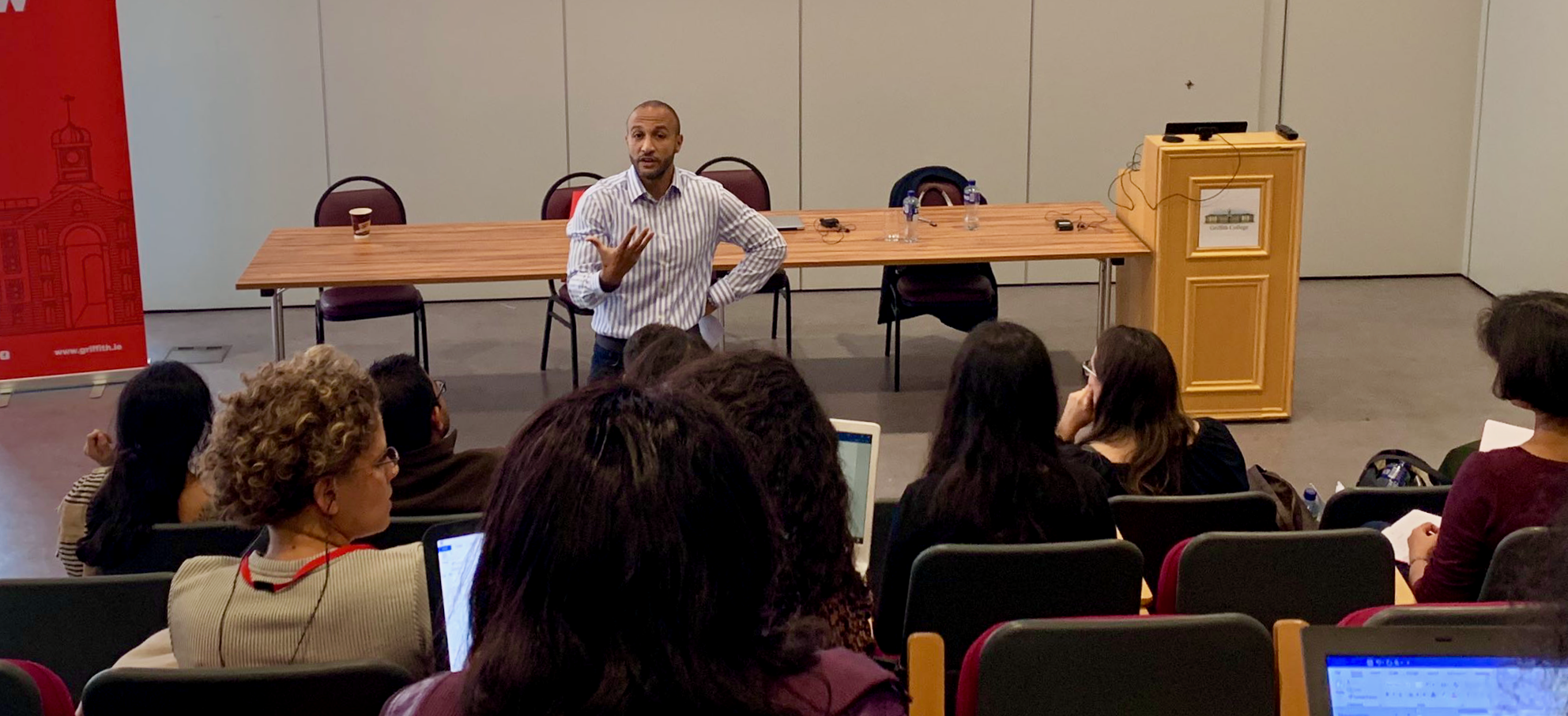
Succeeding on a University Exam during Covid
Prevailing circumstances mean that university exams cannot be taken in their traditional format. Instead of being crammed into an examination hall with hundreds of others for a 2 or 3 hour period, several universities such as Warwick are shifting to online assessment. Students will take their exams wherever they are self-isolating. They are also being afforded additional time (24 hours for our students). Obviously, this shift changes the exam dynamics. Students should adjust their preparation strategy accordingly.
In most cases, exam questions will stay the same. Exams go through a peer review process and there is insufficient time to re-run the exercise. Since most exams were designed with the original format in mind, the level of difficulty drops immensely. With a full day to take the exam and access to your materials (not to mention the WWW), it is difficult to think of more supportive conditions even for the least prepared student. Or are they? While the new format is to the advantage of most students, it does make evident the importance of a different type of answer.
What should students do differently to adequately prepare for an at-home exam? A lot.
- Organise / do not memorise: while memorising is a poor study practice on the best of days, it is wholly ineffective on an at-home exam. Why? Your materials are readily available making memorisation useless. Instead, focus on organising your materials.
To be clear, turning up to an at-home exam with a mass of materials is as bad as turning up without any materials. Too many materials will overwhelm you. Too few and your response will lack sophistication. Your plan over the next few weeks should be to organise your reading and lecture notes. By organise, I mean to rearticulate the materials in a manner that is structured and easy to navigate.
I suggest this approach for the exam questions will not just be easier for you to answer but also but for everyone else also. Expectations surrounding performance will necessarily be higher. Well structured and easy to navigate materials will ensure that you can draw links between multiple topics, enhancing the eventual sophistication of your responses.
- Structure / do no write: despite our advice to the contrary, students have a bad habit of vomiting whatever they know about a given topic onto an answer sheet. Again, this is poor practice on the best of days but will positively sink you on an at-home exam. Why? There is no time-crunch.
To reiterate, the exams were designed with a two or three hour slot in mind. Now that you have 24 hours at your disposal, you can write until the cows come home and still have time to watch a movie at the end of the day. Just as at-home exams privilege structured materials, they also privilege structured answers. When we add to this the word limit that will be imposed , you should prepare to spend significantly more time structuring your answers than writing them.
- Read / do not rush: I tell every student who will listen that, on assessments, you are your own worst enemy. Why? Students virtually always rush through the questions. Yet this is precisely where the greatest gains are made.
Put yourself in the mind of the examiner (me or my colleagues) and ask yourself:
- What type of question is this?
- What type of information is the examiner soliciting?
- What understanding are they evaluating?
- What evidence can I draw upon to bolster my analysis?
Students rarely do this. They frequently answer the question they think we are asking rather than the question we asked. Enjoying the luxury of time, you can spend far more deconstructing the question than you normally would.
- Edit / do not forget: in addition to quality structure, examiners also expect quality prose on at-home exams. We look past grammatical and spelling errors or even weak metaphors and comparisons when evaluating traditional exams due to time constraints and the associated anxiety. Students are frazzled. We forgive.
I cannot speak for others but, in this instance, I would be perplexed if facing sloppy prose. You have time. Use it polish your work.
These tips should help you when organising your study plan for your upcoming exam(s).
In the meantime, for those interesting in reading more, please see the following links:
- Organising study materials: https://www.theknowledgeroundtable.com/10-ways-to-stay-organized-when-studying/
- Structuring essays: http://mohsenalattar.org/tackling-inefficiency-in-your-writing/
- Reading exam questions: https://www.unitestudents.com/the-common-room/study-and-careers/Exams-How-to-answer-a-university-exam-question
- Editing essays: https://writingcenter.fas.harvard.edu/pages/editing-essay-part-one
In solidarity,
Mohsen



